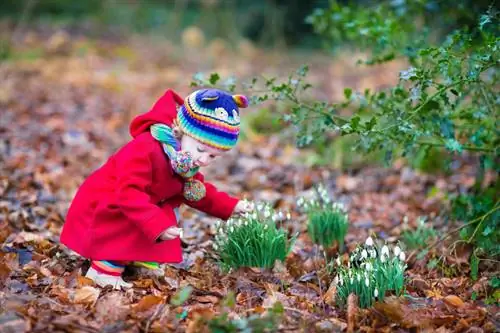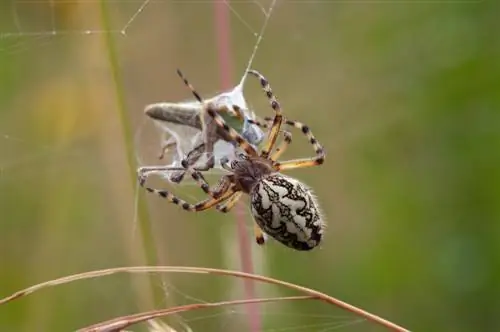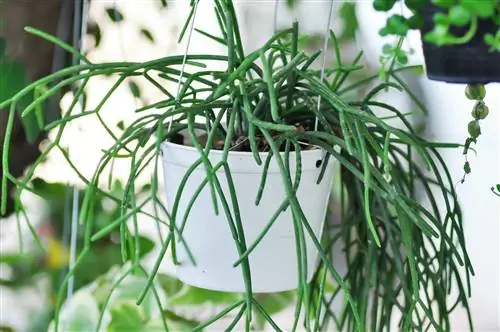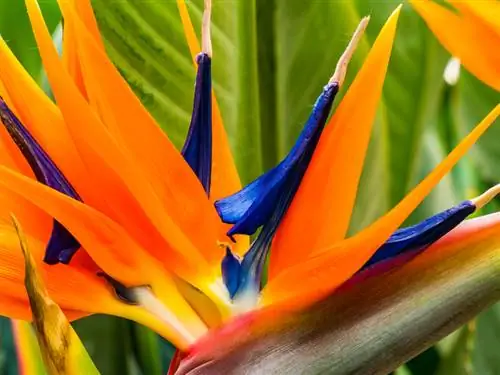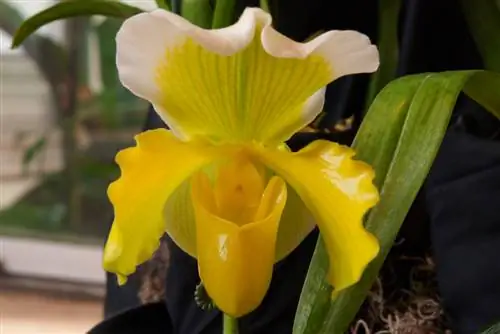- Author admin leonars@hobbygardeners.com.
- Public 2023-12-16 16:46.
- Last modified 2025-01-23 11:20.
With a narrow stem and a teardrop-shaped flower that slopes humbly downwards, the snowdrop shoots out of the ground in spring. But its delicate side should not hide its poisonous potential. This represents one of the special features of this native plant
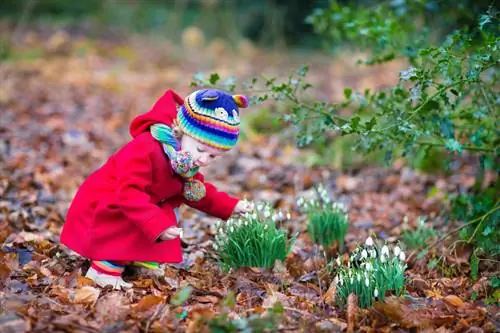
Are snowdrops poisonous to people and animals?
Are snowdrops poisonous? Snowdrops contain toxins in all parts of the plant, such as amaryllidaceae, tazettin, galanthamine and lycorine, with the bulb being the most toxic. The dose of poison for humans is low, but pets and small children can show signs of poisoning if consumed.
A poison cocktail that permeates the entire plant
All parts of the plant contain toxins, with the bulb standing out with the alkaloid Amaryllidaceae. This is why the onion is the most poisonous. The leaves, stem and flower contain the toxic substances tazettin, galanthamine and lycorine.
No major danger to humans
Snowdrops are considered to be slightly poisonous and it is relatively unlikely that people will be poisoned by snowdrops. This plant is not similar to any other plant that is considered edible. The exception is small children. Therefore, explain to your children emphatically that they are not allowed to eat the snowdrop!
Snowdrops poisonous to dogs
In addition to small children, (young) pets such as dogs are particularly at risk. If a dog has nibbled on snowdrops or eaten too much of them, the following symptoms may occur, among others:
- Diarrhea
- Vomiting
- Daziness
- increased salivation
- constricted pupils
- in the worst case: symptoms of paralysis
People react similarly to snowdrop poisoning. Experts believe that consuming up to three onions has no noticeable effect on an adult. If pets have been poisoned, a veterinarian should be consulted immediately.
Drinking lots of water and taking activated charcoal can help as countermeasures. A lethal dose is not known. Better than countermeasures is prevention: Do not plant snowdrops if you have children and/or are pet owners.
Tips & Tricks
Did you know? Snowdrops are used in medicine. The ingredients are said to help in small amounts with Alzheimer's, menstrual problems and heart disease.

